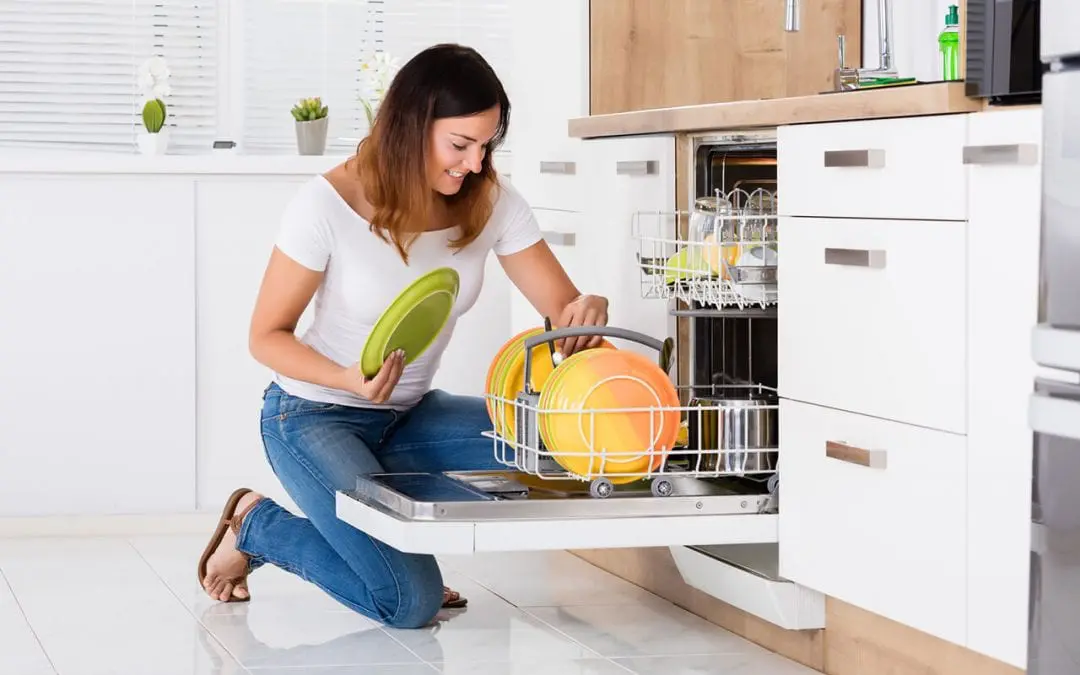An appliance that is properly maintained does its job for many years. However, there comes a time when each of your appliances will need to be replaced. Before you put a lot of money into repairs, it’s important to know the typical lifespans of home appliances. With this knowledge, you can make an informed decision about repairing or replacing the aging appliance.
What are the Common Lifespans of Home Appliances?
Ranges
A gas range will last around 15 years. An electric range usually lasts about 13 years. There are a few things you can do to prolong your range’s life. Clean up spills as soon as possible because liquids can affect burner efficiency and electrical wiring. Give the range a deep cleaning every once in a while and clean your range hood filters regularly.
Lifespans of Home Appliances: Refrigerators
A standard-sized refrigerator can last between 13 and 15 years. Smaller, compact fridges may last nine to ten years, while a chest freezer will last 11 years on average.
An important step for increasing the unit’s life is to keep the coils free of dust and lint. When the coils get covered with dust, the fridge will struggle to keep the inside temperatures cool enough. This causes excess wear and tear on the entire unit.
Dishwashers
When it comes to the lifespans of home appliances, the dishwasher falls in the middle, lasting nine years on average. Newer models use less water and electricity to do the same job as one built a decade ago.
To get the most life out of your dishwasher, rinse your dishes well before loading them in the appliance. Also, don’t overfill the dishwasher or it won’t clean the dishes as thoroughly. Clean the dishwasher trap to remove debris after each use.
Microwave Ovens
Your microwave oven will typically last five to ten years, depending on its size and the amount of use it gets. Don’t run the microwave empty. When there’s nothing to heat, it can cause burn marks or overheat the unit. Never put any metal items inside. Metal dishes or utensils may cause electrical arcing and damage the microwave.
Lifespans of Home Appliances: Clothes Washers
Most washing machines last 10 to 12 years. You can extend the life of the washer with a few simple steps. Always run a full load of clothes. Doing this reduces the number of cycles every year, which saves wear and tear on the washer. Plus, it lowers your water and electric bills. Replace the hoses every two to three years to prevent them from leaking.
Clothes Dryers
Dryers tend to be on the higher end for lifespans of home appliances. Both gas and electric dryers last 13 to 15 years on average. Always clean the lint trap between loads. The air exhausting from the dryer goes through the trap to catch the lint before it exits the unit.
When your dryer’s lint trap gets clogged, the air cannot flow freely and the unit may overheat or even catch on fire. Also, don’t overload the dryer. The hot air needs to circulate freely to dry the clothes efficiently.
Water Heaters
Water heater life spans depend on the type. A tankless water heater can last 20 years or more. Storage water heaters tend to last ten to twelve years. Routine maintenance is critical for extending the life of the water heater.
Storage water heaters need to be drained every year or two to remove sediment build-up. Gas burners and electric heating elements should be checked annually for wear and tear.
Now that you know the typical lifespans of home appliances, you can make an informed decision on whether to repair or replace them.
St. James Home Services offers home inspection services to Durham and the surrounding areas in North Carolina. Contact us to schedule your appointment.

